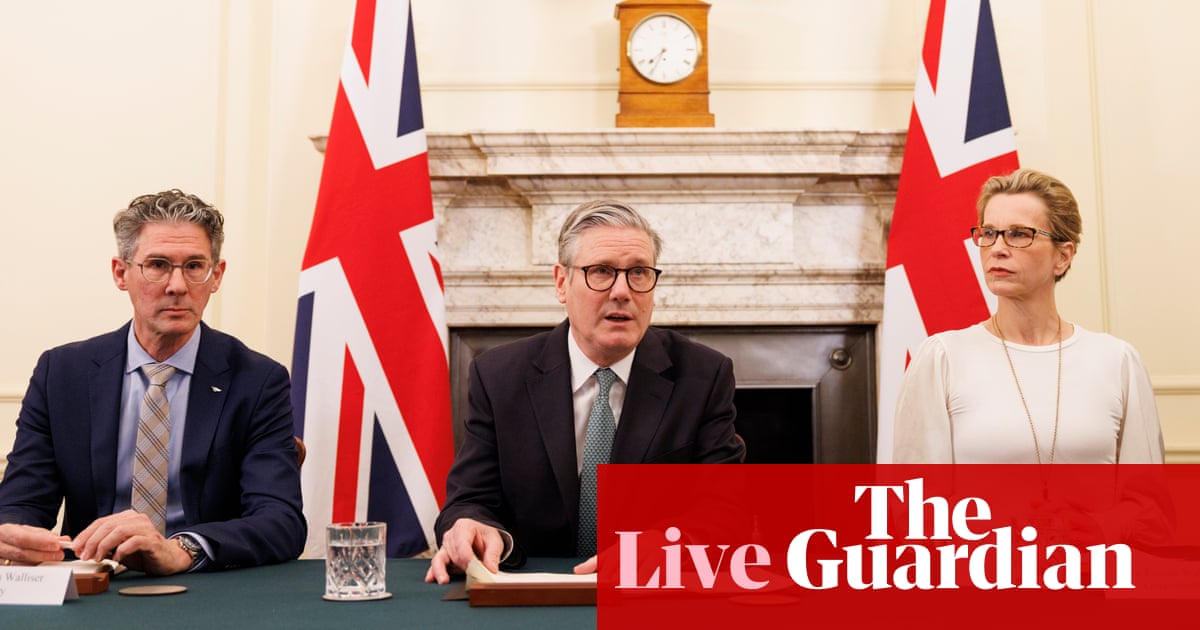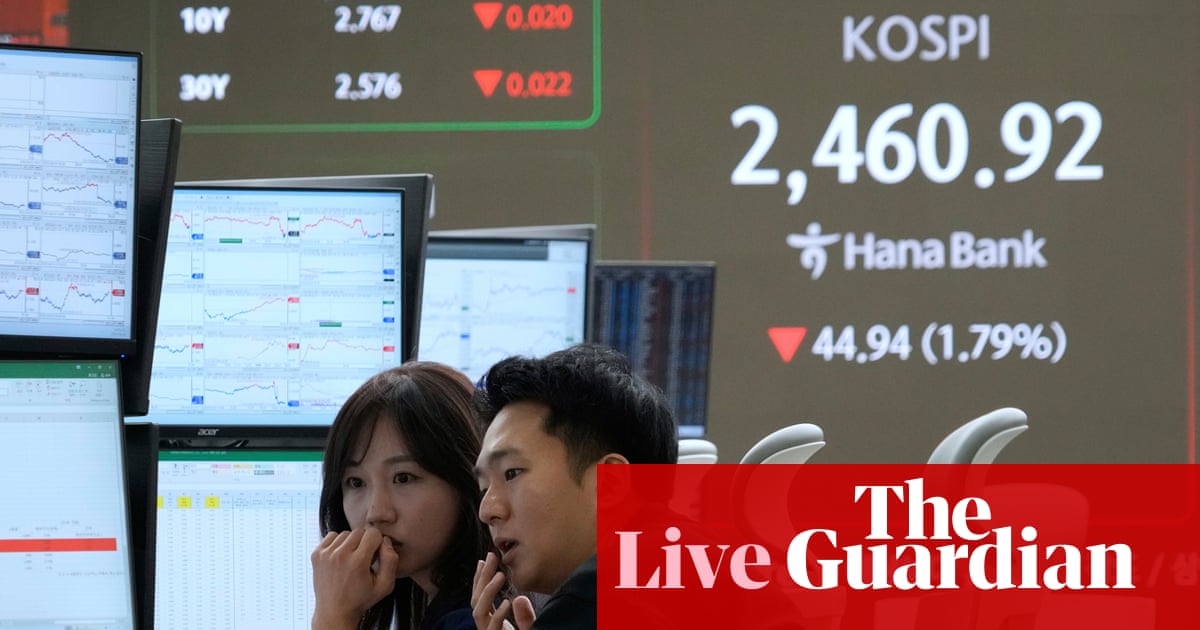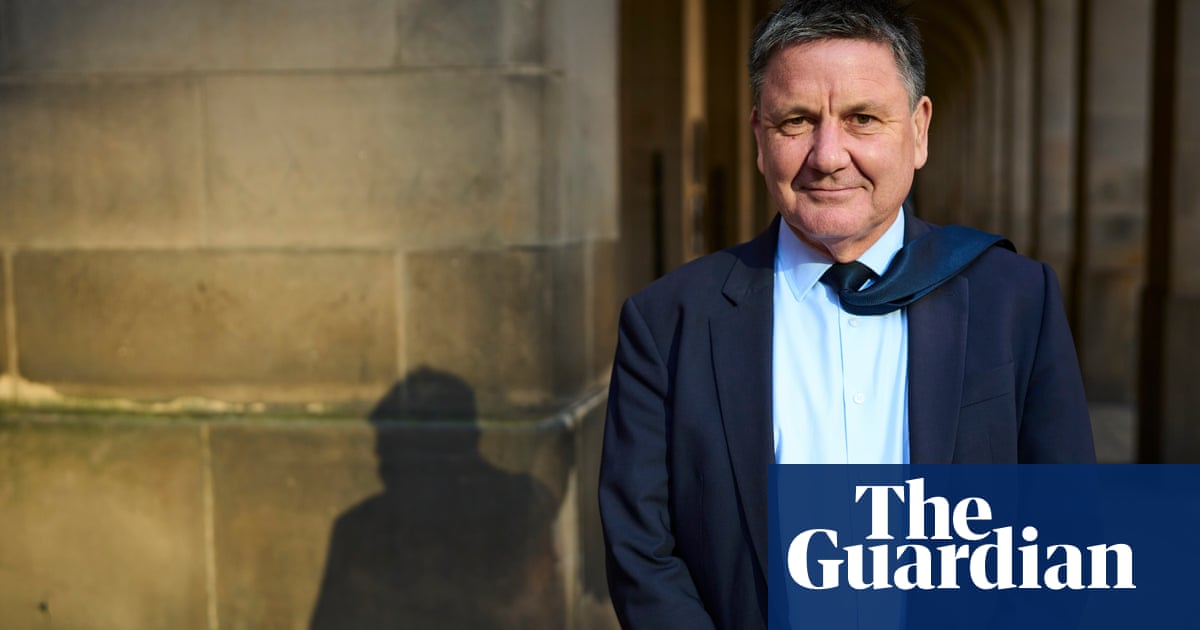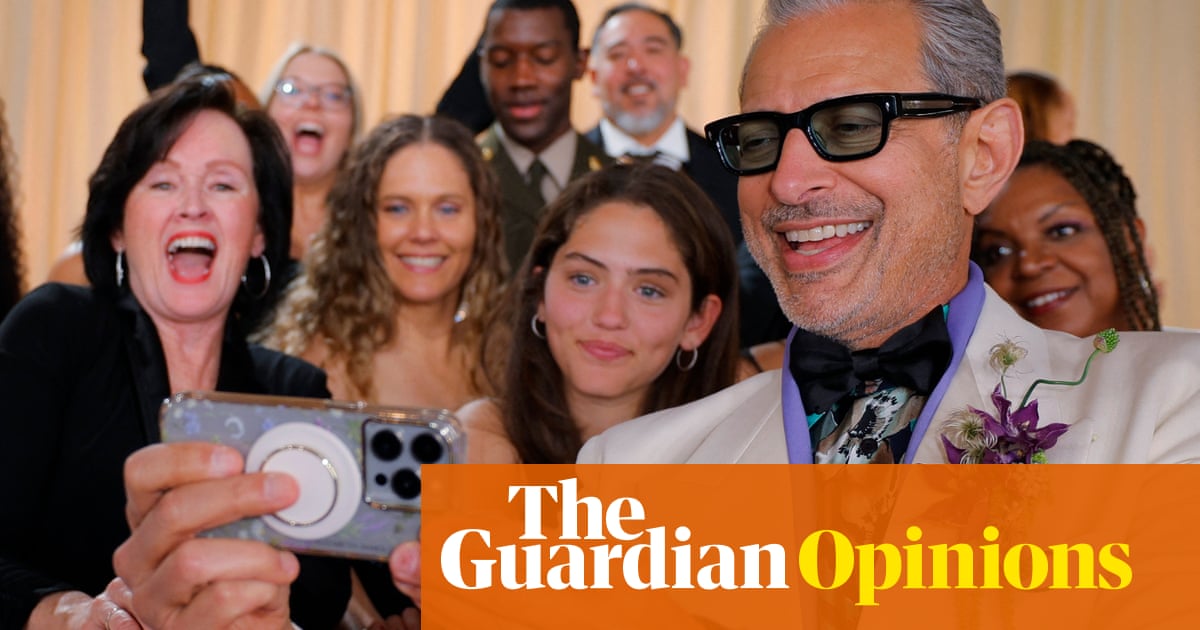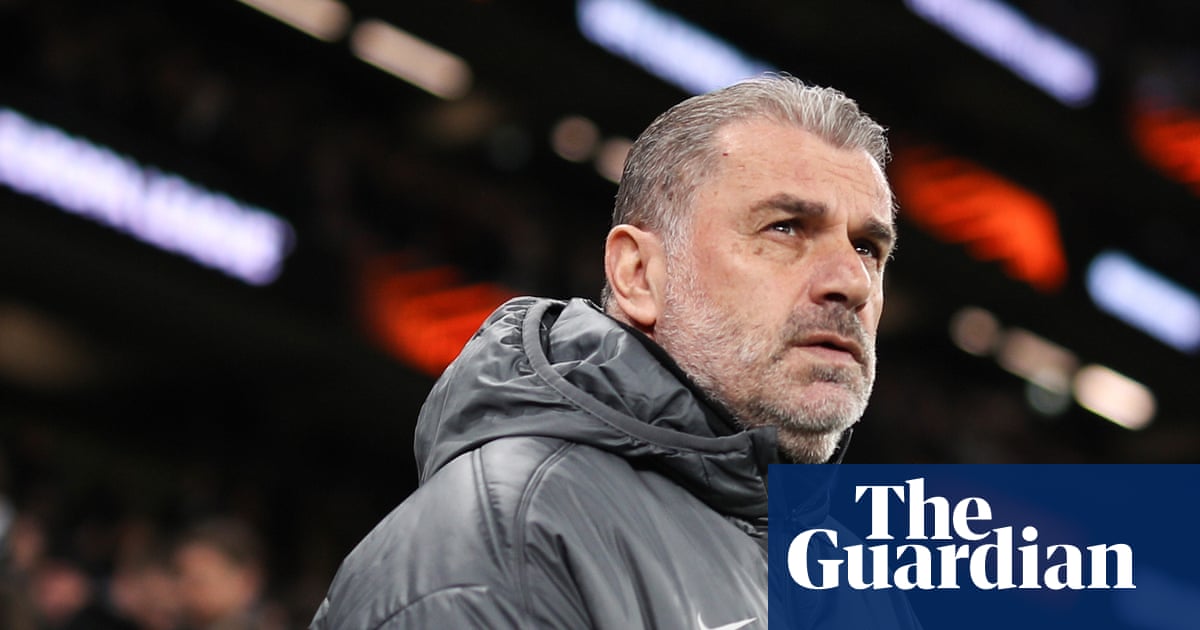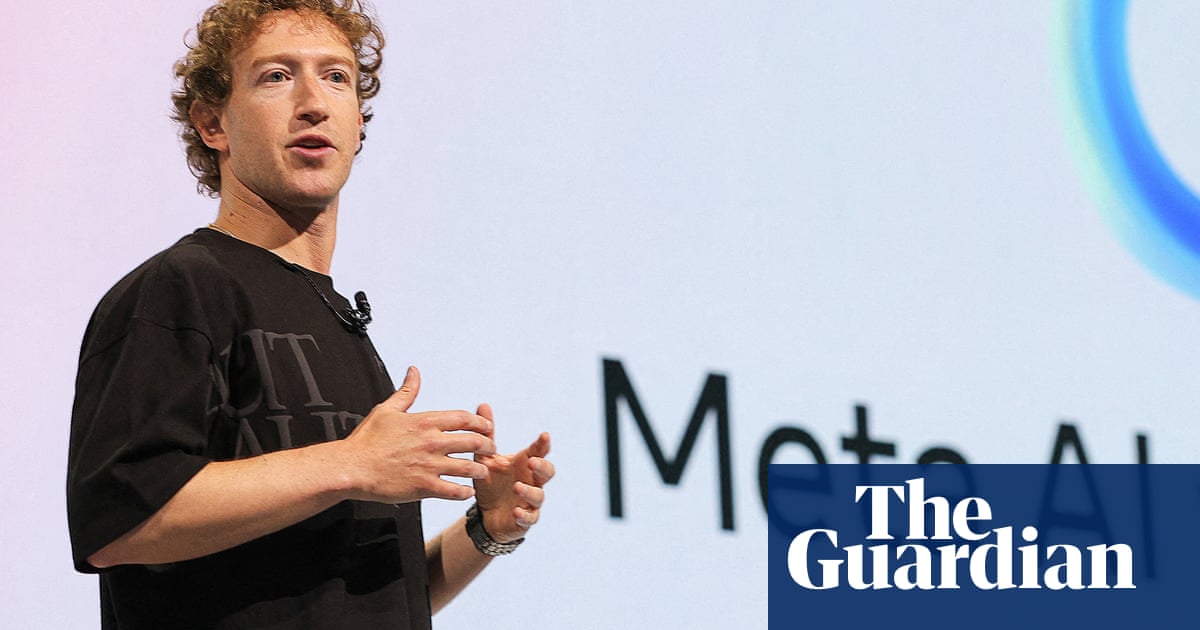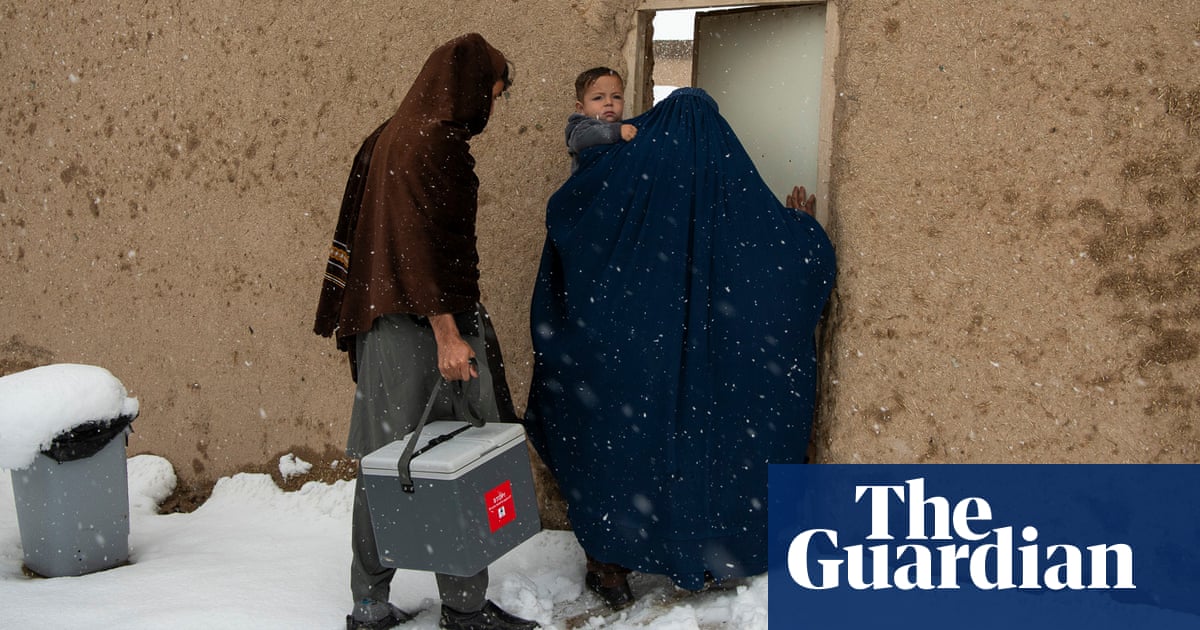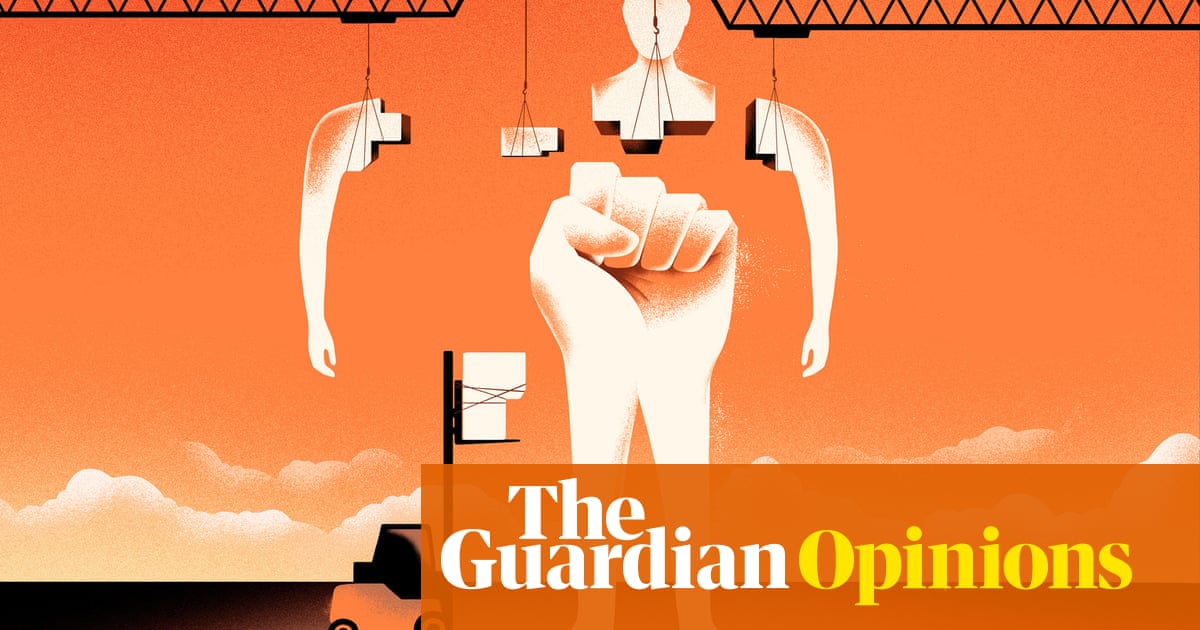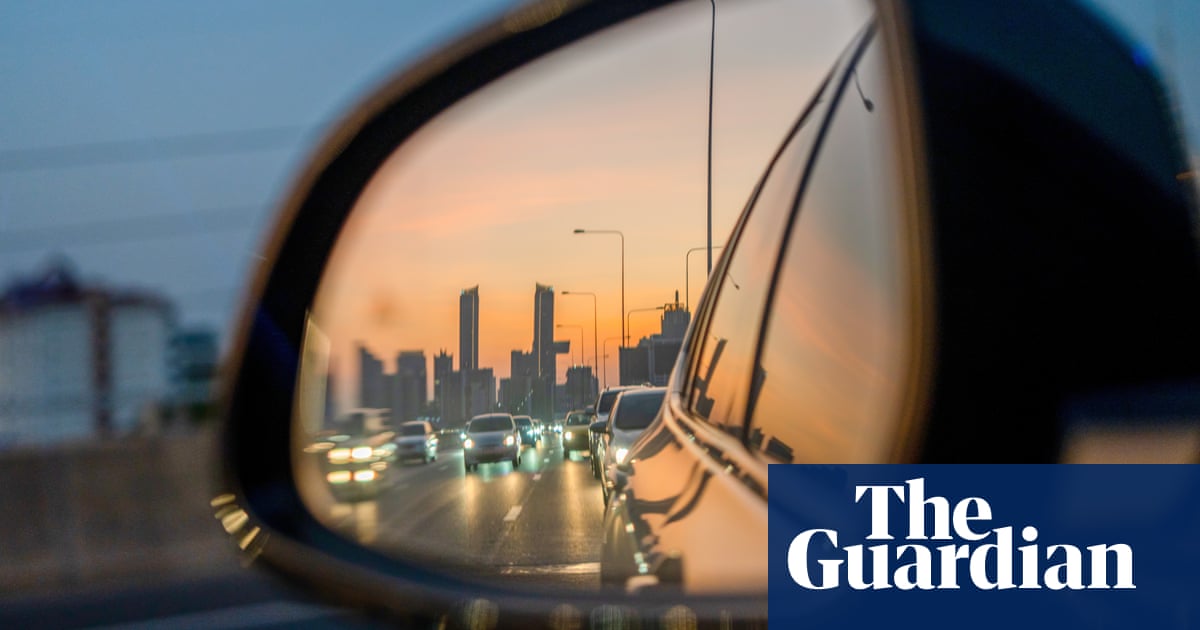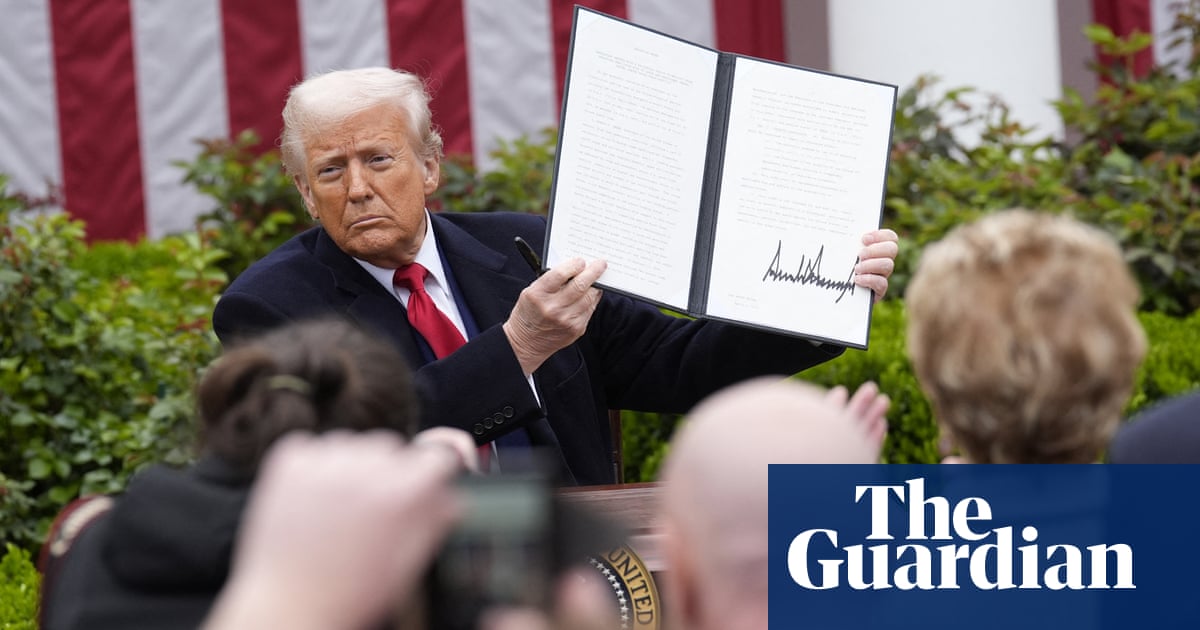Diplomacy is often known as the art of making the impossible possible. If so, Ahmed al-Sharaa, Syria’s de facto leader, has proved a master of persuasion and compromise. Despite his Islamist faction, Hayat Tahrir al-Sham (HTS), being blacklisted as a terrorist organisation by the US, UK, EU and UN, Mr Sharaa has welcomed their officials to Damascus. His “productive” talks with the US led to a $10m bounty on his head being lifted. To signal change, he has shed his nom de guerre, Abu Mohammed al-Jolani, and rebel fatigues to steer Syria away from 54 years of Assad rule.
The visits signal an international desire to recalibrate in response to Syria’s shifting power dynamics. But whether they lead to concrete measures remains an open question. There is a pressing need to do something: more than 90% of the population is living below the poverty line. More than 6 million people have left the country and 7 million remain displaced within its borders. Mr Sharaa would like HTS to be taken off the terrorist list, recognition to be given to his caretaker government, and sanctions imposed during Bashar al-Assad’s reign lifted, so the country can be rebuilt.
In return, different external powers want different things. Many nations emphasise the need to respect minorities, the rule of law and ultimately to establish inclusive government. Some, however, have self-interested requests. Russia would like to keep its military bases. The US, which admitted to having 2,000 troops in Syria, wants to roll back Iranian influence and fight Islamic State with Kurdish allies. Turkey, which says it will lift restrictions on HTS, wants to push back those Kurdish groups and their demands for autonomy.
A stable Syria has an appeal beyond the obvious domestic benefits. While refugee returns may alleviate migration pressures on Turkey and Europe, the UN rightly warns that without careful planning and international support, such moves risk restarting conflict in a country scarred by war. Ultimately Damascus’s goal must be building sustainable peace in a unified state. That means foreign powers must step back – such as Israel, which has illegally occupied sovereign Syrian territory.
The Sunni HTS organisation must demonstrate it has truly left its past as an authoritarian armed group behind. Along with other rebels, it has been accused of torture and running a “morality police” to control women’s lives. Its rule in Idlib province saw protests over high taxes and poor public services. In The Age of Political Jihadism, Aaron Zelin pondered whether HTS leaders could “voluntarily resign, serve prison terms for past crimes, and then retire”. This is unlikely now. As HTS rises from the Assad regime’s collapse, it should find a way to address all human rights abuses, including its own.
Some Syrians fear the new administration may veer towards hardline religious and sectarian rule, sidelining women from public life. Mr Sharaa is working hard to put such concerns to rest, meeting representatives of minority groups and committing to rebuilding a fractured nation. There is merit in his call to reconsider whether it is appropriate for Syria’s political transition to be governed by a 2015 UN security council resolution. However, he should entrust drafting the constitution to an elected assembly or one inclusive of Syrian diversity, not a hand-picked committee of like-minded allies. In doing the latter, he risks producing a constitution that garners no more respect from Syrians than did that of the defunct Assad regime.

.png) 3 months ago
40
3 months ago
40
